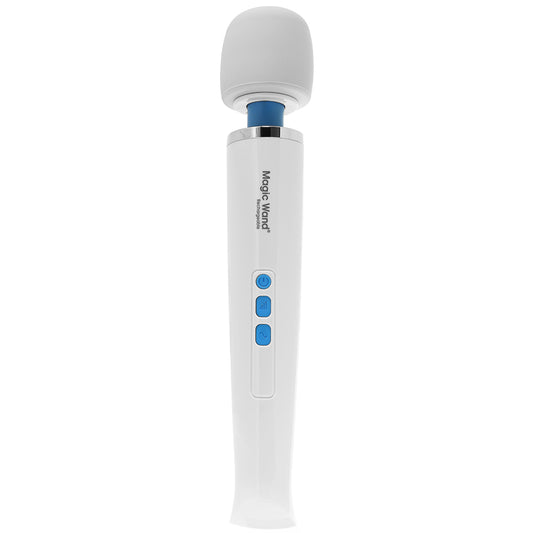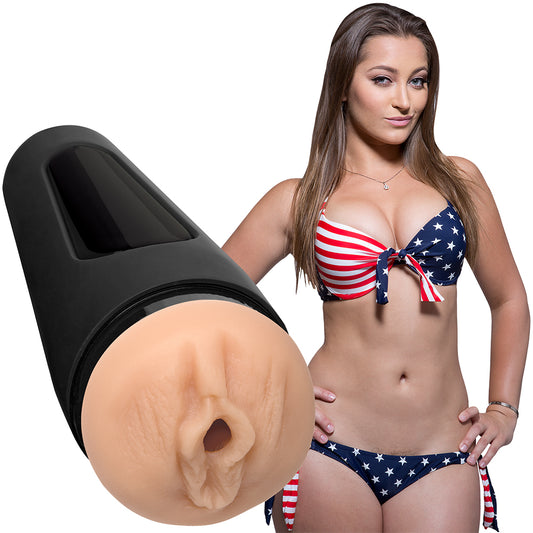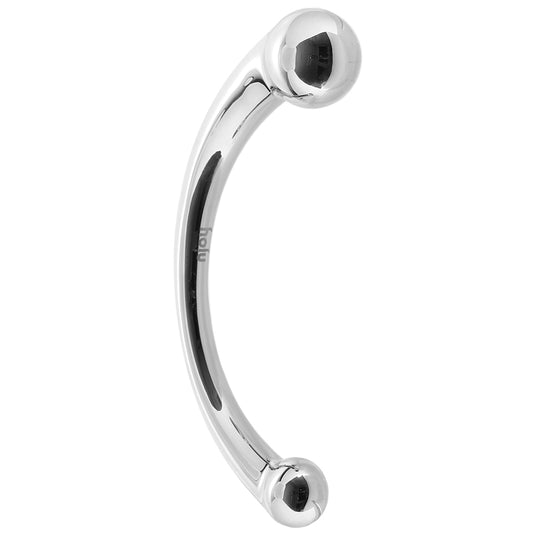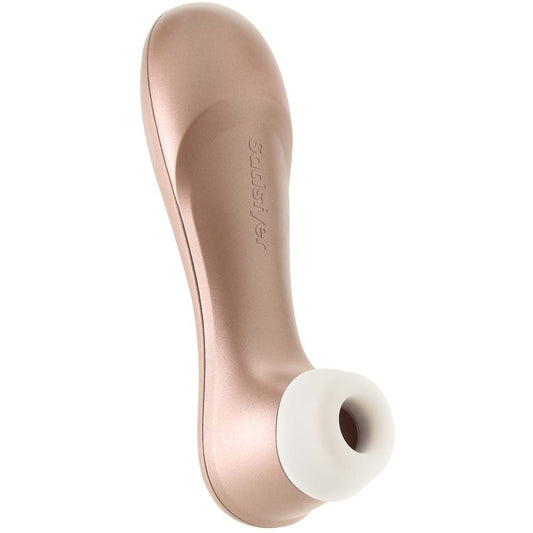
There are a lot of myths out there when it comes to masturbation. Is masturbation harmful? What’s too much — is there such a thing as excessive masturbation, masturbation addiction, or compulsive masturbation?
We’re going to get into all that and more. But first, we can dispel the first masturbation myth right off the bat: No, masturbation is not harmful; in fact, it’s a healthy part of your sex life and can be a healthy outlet for your sex drive. Plus, masturbation can help you get to know yourself and your body better than ever, for both female (and folks with vulvas) masturbators and male masturbators / people with penises.
Masturbation myths
There are a bunch of masturbation myths out there. Folks question things like does masturbation cause acne? Or, does masturbation make you tired? Some people might think that any kind of self-pleasure is a sin. In fact, sexual arousal and self-generated sexual stimulation are well-documented in most mammalian species on earth. It’s perfectly natural to engage in masturbation.
Now let’s get a few of these specific myths out of the way. Masturbation does not:
- shrink your genitals
- ruin sexual experience
- cause infertility
- cause mental issues
- give you unwanted hair (or cause hair loss)
- give you a sexually transmitted infection
- make you prone to cheating
- impact your sperm count or affect your chance of pregnancy
In fact, there are lots of good things about masturbatin’.
Is masturbation beneficial?
In a word, yes!
Does masturbation count as a sexual activity? You bet your sweet tushy it does! And it’s great for you. There are many ways in which masturbation can help you both know yourself better, relax and rejuvenate, and even grow closer to a partner if that’s where you are on your sexual journey.
The benefits of masturbation are plentiful. First, it brings you sexual pleasure, which can both relieve sexual tension as well as just provide you with a nice little boost. It also significantly lowers your stress levels, and if you’re masturbating to climax (having an orgasm from it), it can also act as a natural painkiller. So if you’re struggling with something like a headache, menstrual cramps, or any other kind of pain, you can feel better with just a little bit of rubbing down there (or using your favorite sex toy).
Masturbation side effects
There are very few negative effects of masturbation. If you’re using the wrong kind of lotion or lube for your body, you can have certain side effects like itching or burning, but that’s easily remedied by choosing natural products that are good for your skin and body. For example, some penis-owners report using a certain kind of lotion they had never used before and then experiencing burning later on.
If you’re flying solo, a great lube is coconut oil since it’s both antiviral and antibacterial, and a little goes a long way. However, it’s properties can disrupt vaginal pH levels, which may lead to possible yeast infections, so proceed with caution. And, make sure to put down a towel as coconut oil can stain your sheets if you use a lot of it. You can also just get a natural water-based lube.
According to sex educator Sadie Allison, “[Masturbation] is a wonderful way to help with stress or anxiety.” Why? Because when you come to orgasm, your body produces all these helpful chemicals that help in that department — namely, oxytocin, prolactin, and endorphins. In addition to assisting you in your attempt to chillax, this delightful cocktail can also make it easier for you to fall asleep.
Another advantage of masturbation is that it helps you know your own body so that you can have even more pleasure when you’re engaging in sexual intercourse or trading sexual energy in some way with someone else. “When it comes to partnered sex, it’s difficult to know what to ask for in bed if you’ve never experimented with your body on your own,” Allison says. “Masturbation is a wonderful way to learn about your sexual response and what kind of stimulation you like and don’t like.” This is why PinkCherry encourages penis-owners to try a male masturbator and for vagina-owners to experiment with a vibrator sex toy or dildo. These not only make you feel good, but help in some important self-discovery.
Another fun way to explore together if you have a partner is to engage in mutual masturbation. It can be a very sexy bonding experience to gaze into each other’s eyes and connect as you’re both touching your own bodies.
When it comes to men’s health, masturbating doesn’t impact male infertility. It also doesn’t necessarily boost your testosterone.
Health benefits
The health benefits of masturbation to climax (meaning masturbation that includes orgasm) include beautiful, dewy skin, an increased sense of self-confidence, and a boost in your immune system.
How you masturbate can also help you overcome sexual dysfunction challenges like erectile dysfunction or premature ejaculation. For example, if you practice something called edging, which is when you stimulate yourself to just before the point of ejaculation and then come back “down,” then repeat that cycle — you can train your body on how to stay hard for longer. This can then translate to partnered sex.
How much is too much when it comes to masturbating?
Everyone’s masturbation habits are different, whether you’re a man, woman, nonbinary, or otherwise. Your mental health is linked to your sexual relationship with yourself, not just when it comes to partnered sex. In other words, your sexual satisfaction is yours to play with, enjoy, and explore. Touching yourself is an important way of loving yourself.
Your sexual desire and sexual energy are both unique to you, as is your desired frequency regarding how often you touch yourself. It’s perfectly normal for human beings to masturbate 3-4 times a week, and some may even want to do it daily. There’s nothing wrong with frequent masturbation per se, but if you feel like it’s interrupting your daily life, you may want to seek out a sexual health expert like a sex therapist to discuss it.
The other thing to note is that if you’re a woman/vulva-owner, your menstrual cycle will impact your sex drive. There will be certain points in your cycle where you may want to masturbate a few times a day and other weeks where you go a whole ten days without ever getting the urge to give yourself a hand. ;) Your desire for female masturbation and your sex drive will also be affected by the kind of birth control you’re on, especially if it’s a hormonal-based one.
If you have a penis and happen to need a few tips on male masturbation, we have the goods on that, and if you have a vulva, here’s some female masturbation inspiration. Now, what are you waiting for? Self-love is the sexiest kind of all!
More on coconut oil and its risks as a lubricant here.








